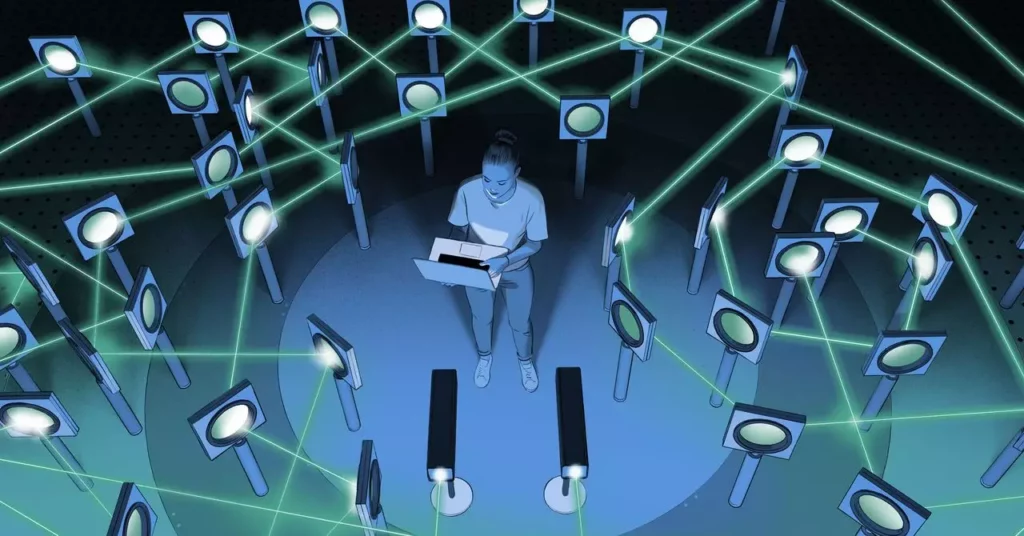For decades, the scientific community has clung to the belief that human ingenuity—meticulous experimentation, theoretical brilliance, and collective intellect—remains the ultimate driver of discovery. Institutions like LIGO stand as testaments to this faith: thousands of dedicated scientists working tirelessly over long years, refining their approaches, attempting to decode nature’s deepest secrets. Yet, the rise of artificial intelligence introduces a disruptive narrative that challenges this ideology. If AI can identify patterns, propose hypotheses, or even suggest novel equations beyond human reach, does that not undermine the very notion of human exclusivity as the primary architect of science? The implication is profound: we may need to redefine our roles, from creators to curators, as AI begins to shoulder some of the intellectual burden long thought to belong solely to us.
This shift also raises uncomfortable questions about our hubris. Are we unwittingly limiting ourselves by overly emphasizing human intuition and experience? The assertions that AI’s abilities are merely supplementary overlook a disturbing possibility—that many “human” breakthroughs might have been shadows cast by data and algorithms all along. Facing this reality should provoke a critical internal debate—are we still the masters of scientific progress, or just the first among many beings that will push knowledge forward?
The Subversive Potential of AI in Unraveling Universal Mysteries
While AI has yet to deliver groundbreaking discoveries comparable to Einstein’s theory of relativity or the elucidation of dark matter, its current role is nonetheless revolutionary. Instead of waiting decades for human intuition to stumble upon patterns buried deep within terabytes of experimental data, AI accelerates this process. At the Large Hadron Collider, algorithms have unearthed symmetries that the human mind could easily overlook—symmetries that underpin our most fundamental understanding of the universe. These are not trivial gains; they are proof that machine intelligence can serve as a catalyst for scientific epistemology itself.
This paradigm shift is more than just about faster results—it’s about expanding the horizon of what we consider approachable in physics. The discovery of new mathematical descriptions of dark matter distribution exemplifies this. Instead of solely relying on established theories, researchers use AI to explore otherwise inaccessible territories, generating models and equations that might, in time, reshape our understanding of the cosmos. For center-right liberal thinkers, these developments are double-edged: they promise progress but simultaneously challenge the traditional authority of the scientific establishment. If machines are capable of independently unearthing the universe’s secrets, does that not threaten the notion of human dominance in knowledge?
The Quantum World: Why AI Is Reshaping Our Fundamental Perceptions
Physics at the quantum level has always been a realm of paradoxes, where classical assumptions break down. Quantum entanglement, one of its most perplexing phenomena, was once believed to require particles to originate in the same place. Decades of research, culminating in Zeilinger’s work, challenged this idea by demonstrating entanglement swapping—a process where particles that never interacted become connected through a clever sequence of experiments. These insights disrupted a naive understanding of locality and interaction, replacing it with a more nuanced picture where information and connection transcend space and time.
Now, AI researchers and experimentalists are taking this further. By employing advanced software like PyTheus—an algorithmic tool built on graph theory—they are crafting experiments that push the boundaries of what is possible in quantum mechanics. These tools not only enable intricate designs involving entangled photons but also serve as cognitive extensions, allowing scientists to simulate, optimize, and conceptualize experiments with unprecedented precision. For those skeptical of AI’s role, this might seem like a mere convenience. Yet, it’s a tectonic shift: machines are becoming partners in defining the rules of reality itself, subtly transforming the philosophical foundations of our universe.
Why This Matters for the Future of Scientific Inquiry
As AI continues to evolve and embed itself into the fabric of physics research, a more divisive question arises: are we preparing ourselves for a future where the boundaries of human knowledge are redefined? The conservative view argues for caution, emphasizing the importance of human intuition, ethical considerations, and philosophical oversight. Yet, in a pragmatic sense, clinging to traditional methods may mean stagnation. The old notion that scientific truth must originate from human minds is increasingly seen as a limiting dogma rather than an immutable truth.
In this context, a political stance aligned with center-right liberalism might advocate for harnessing AI’s potential while safeguarding against overreach. It’s about promoting innovation within a framework that ensures accountability, transparency, and respect for human values. We should celebrate AI as an accelerator—an amplifier of human curiosity—rather than a replacement or a threat. The challenge lies in striking a balance: acknowledging AI’s disruptive power without surrendering our oversight, ensuring that progress serves society’s best interests and does not devolve into unchecked mysticism or technocratic hubris.
In essence, the future of physics is no longer solely in human hands; it’s becoming a shared journey with artificial intelligence as an active collaborator. The implications are profound—whether that leads to enlightenment or chaos depends on how wisely we navigate this unprecedented transformation.









Leave a Reply